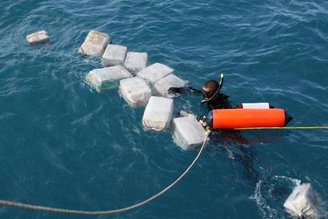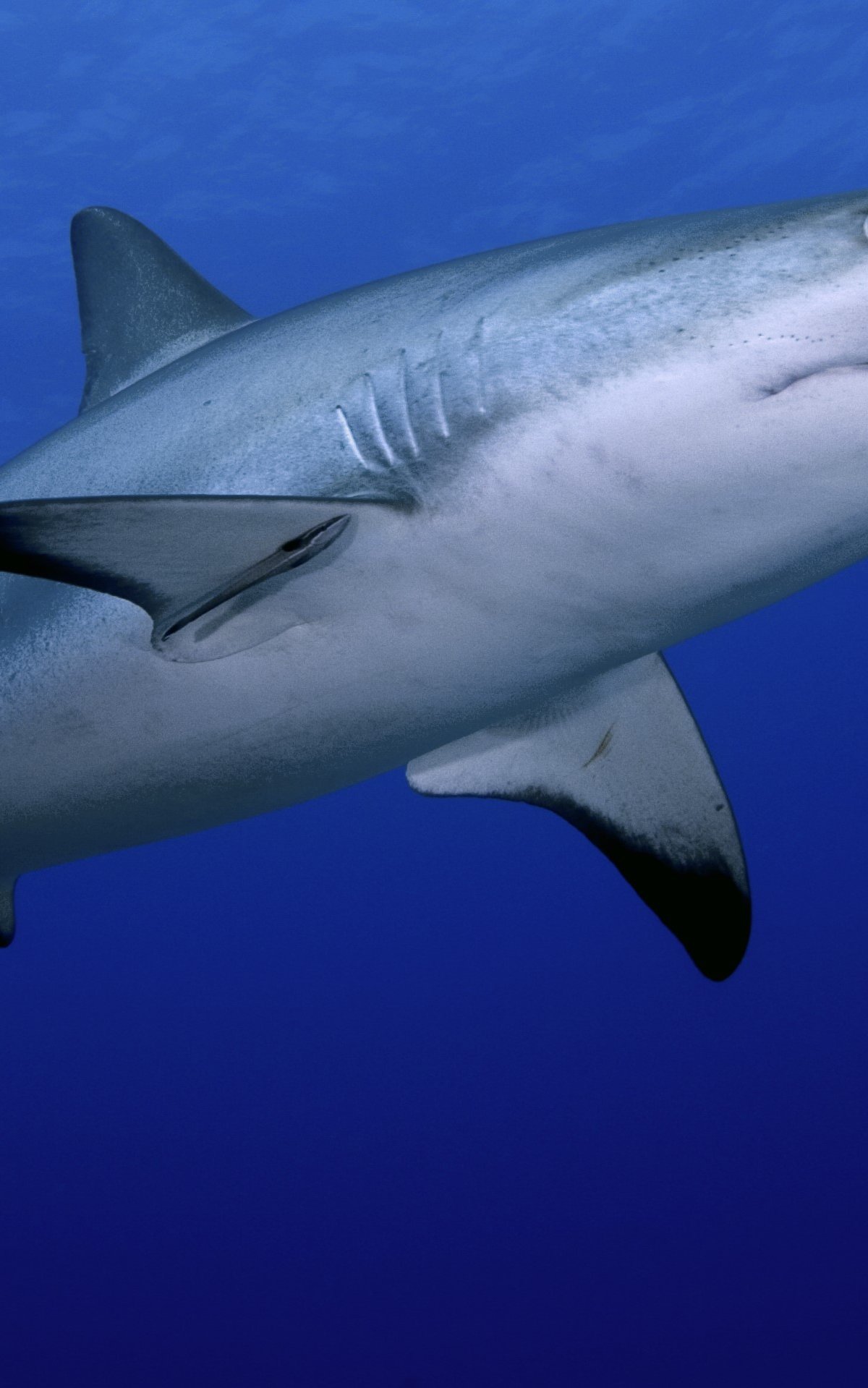An assumption about The improper disposal of cocaine into the ocean via sewage system wastewater has been tested by Brazilian researchers. A recent study published in the journal Science of The Total Environment reported the results of an analysis of 13 Brazilian fin sharks (Rhizoprionodon lalandii) On the coast of Rio de Janeiro.
A team of marine biologists and ecotoxicologists from several institutions in Brazil purchased 13 turtle sharks, the popular name under which the species is sold by local fishermen. Traces of cocaine found in muscle and liver samples collected from cartilaginous fish.
After breaking them apart in the lab and chemically analyzing the samples using tandem mass spectrometry techniques, the authors All were found to contain cocaine at levels about 100 times higher than those observed in other marine animals.says the research.
How does cocaine pollution occur in Brazilian seas?
Cocaine is currently seeping into marine ecosystems around the world, where it comes through sewage systems, mainly from waste from clandestine laboratories or from simple disposal of the substance to escape action. Traces of the drug have been found in sewage networks and surface waters in 37 countries between 2011 and 2017.
Cocaine has also been detected in the bodies of various marine animals, including mollusks, crustaceans and bony fish. However, the Brazilian study was the first to investigate the presence of a central nervous system stimulant in sharksAnd the findings revealed alarming levels of contamination.
What could cocaine do to sharks in Brazil?

According to co-author Dr. Rachel Ann Hauser-Davis, a scientist at the Oswaldo Cruz Foundation, these alarming levels of cocaine are alarming. “Given the psychotropic effects of narcotics on vertebrates, behavioral changes, although not necessarily lethal, may occur. may affect species survival in ways yet to be discovered” he pointed out in his statement.
The consequences of cocaine on sharks can be significant, researchers say. In addition to damaging your eyesight, exposure to the drug can also affect your hunting skills. and even reduces life expectancyThis is because other toxins found in fish livers have the potential to reduce the production of vitellogenin, which becomes the yolk of eggs.
The authors acknowledge that their findings are just the tip of the iceberg in the context of research into the effects of cocaine in the oceans. In the case of sharks, chronic exposure to such high levels could damage their DNA, with as yet unknown effects on ecosystems. and also for human healthBecause dog meat is one of the most consumed meat products in Rio de Janeiro and other regions of Brazil.
Do you have any questions? Tell us about our social networks and take the opportunity to share the article with your friends. Until later!
Source: Tec Mundo
I’m Blaine Morgan, an experienced journalist and writer with over 8 years of experience in the tech industry. My expertise lies in writing about technology news and trends, covering everything from cutting-edge gadgets to emerging software developments. I’ve written for several leading publications including Gadget Onus where I am an author.












